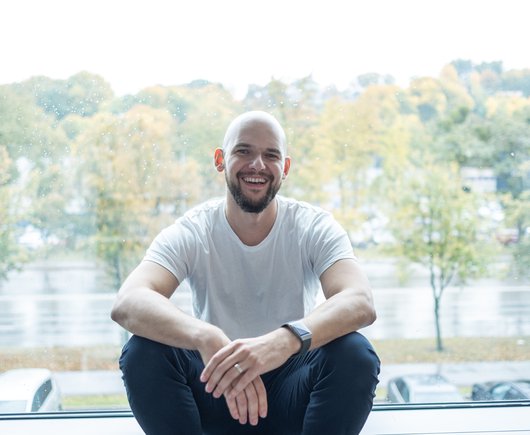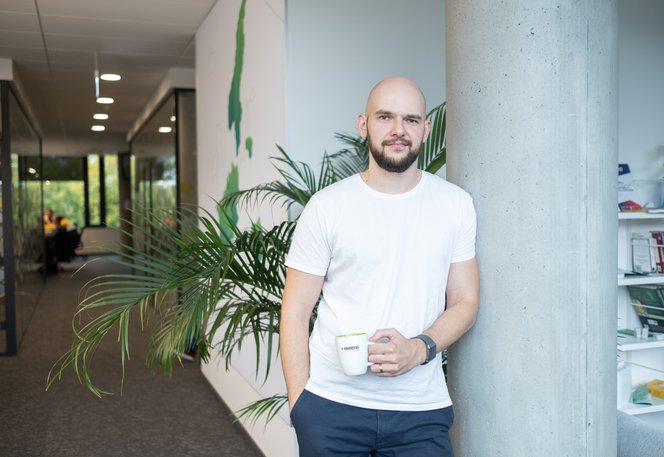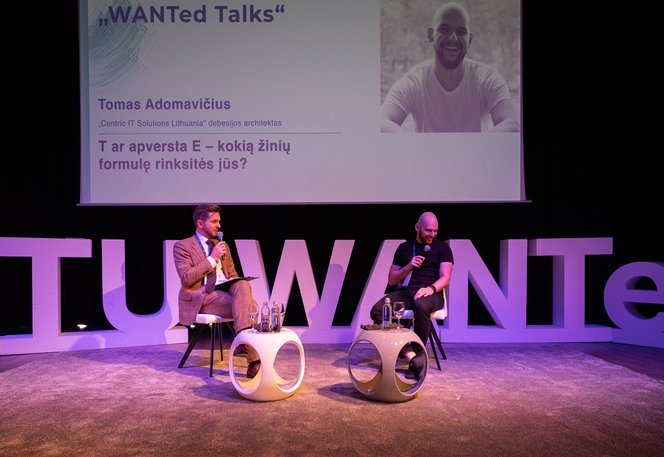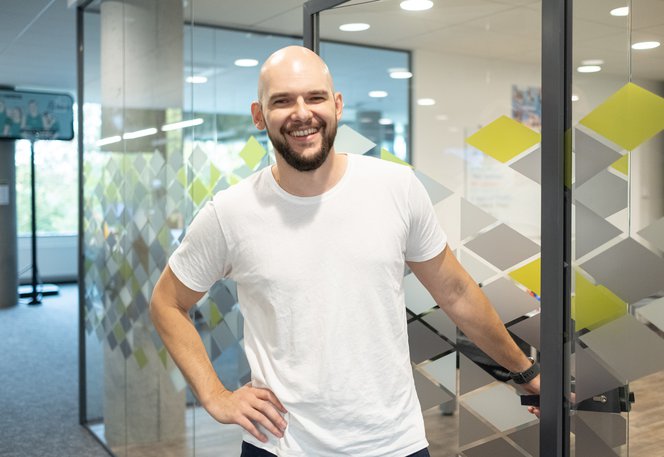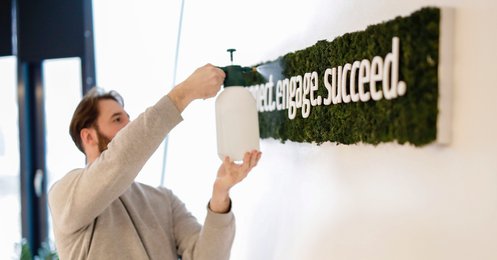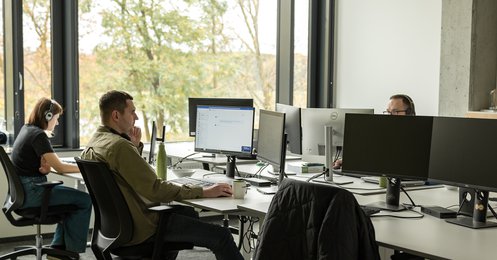09/10/2019
When hearing the stereotypical saying, "I graduated and started working," Cloud Architect Tomas Adomavičius simply shrugs. "I never thought like that. For me, learning is not a finite process. On the contrary, I have successfully combined work and education both at university and when I started my professional career," says the specialist, who works as the cloud architect at Dutch IT giant Centric's subdivision in Kaunas. Even today, after more than a decade of various jobs and positions held in Lithuanian, German, Irish and French companies, Tomas continues learning and exploring the constantly shifting technologies and gathers together the like-minded people by organizing Kubernetes meetings in Kaunas.
